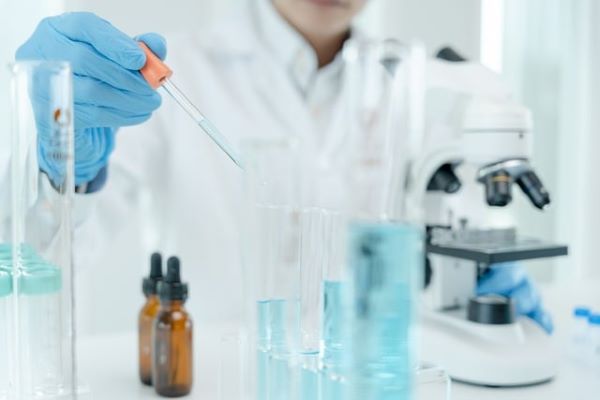In 2016, the Nobel Prize in Physiology or Medicine was awarded to Japanese cell biologist Yoshinori Ohsumi for his pioneering discoveries of the mechanisms of autophagy. His work revealed how cells recycle and degrade their components, a process crucial for cellular health, energy regulation, and disease prevention.
Also, read: 10 Reasons Why You Must Get Featured in HealthViews Magazine: The Indian Health Magazine
The Discovery: Mechanisms of Autophagy
What is Autophagy?
Autophagy, derived from Greek meaning “self-eating,” is a fundamental cellular process where cells degrade and recycle their damaged or unnecessary components. This process:
- Helps maintain cellular homeostasis.
- Provides energy during periods of stress or starvation.
- Plays a vital role in development, aging, and immunity. (Source)
Yoshinori Ohsumi’s Breakthrough
Yoshinori Ohsumi conducted his groundbreaking research using yeast cells in the 1990s. His findings include:
- Identification of Key Genes
Ohsumi identified autophagy-related (ATG) genes responsible for regulating the process. These genes are conserved across species, including humans. - Mechanisms of Autophagy
He mapped the molecular pathways involved in autophagy, explaining how cells form autophagosomes—specialized vesicles that capture and degrade cellular waste. - Insights into Human Biology
His discoveries provided a framework for understanding how autophagy operates in complex organisms and its role in human health. (Source)
Yoshinori Ohsumi: His Role and Contributions
- Position: Professor Emeritus at the Tokyo Institute of Technology.
- Research Focus: Cellular biology, with an emphasis on understanding autophagy.
- Legacy: Ohsumi’s work has laid the foundation for modern autophagy research, inspiring countless studies on its implications for health and disease.
Significance and Potential Impact
- Maintaining Cellular Health
Autophagy ensures the removal of damaged proteins and organelles, preventing cellular dysfunction. - Disease Prevention and Treatment
- Neurodegenerative Diseases: Dysregulated autophagy contributes to Alzheimer’s, Parkinson’s, and Huntington’s diseases. Enhancing autophagy may help mitigate these conditions.
- Cancer: While autophagy prevents tumor formation by removing damaged cells, cancer cells can exploit the process to survive in nutrient-poor environments. Understanding this duality opens avenues for targeted therapies.
- Metabolic Disorders: Autophagy regulates fat and sugar metabolism, making it a potential target for treating obesity and diabetes.
- Aging and Longevity
Enhanced autophagy has been linked to increased lifespan and reduced age-related diseases in model organisms. - Immune Function and Infection
Autophagy plays a role in clearing pathogens and regulating immune responses, making it crucial for fighting infections. - Drug Development
Ohsumi’s discoveries have spurred research into drugs that modulate autophagy, offering hope for treating a range of diseases. (Source)
Challenges and Future Directions
- Understanding Autophagy Regulation
Researchers are investigating how autophagy is precisely regulated and how it interacts with other cellular processes. - Targeting Autophagy in Therapy
Developing drugs that modulate autophagy without causing unintended side effects remains a challenge. - Expanding Knowledge in Specific Diseases
Future research aims to clarify autophagy’s role in specific diseases and tailor therapies accordingly.
Conclusion
Yoshinori Ohsumi’s discoveries about autophagy have revolutionized our understanding of cellular biology and its connection to health and disease. His Nobel Prize-winning research has paved the way for breakthroughs in treating neurodegenerative disorders, cancer, and metabolic diseases. As research on autophagy continues to advance, Ohsumi’s legacy serves as a testament to the transformative power of science in improving human health.





